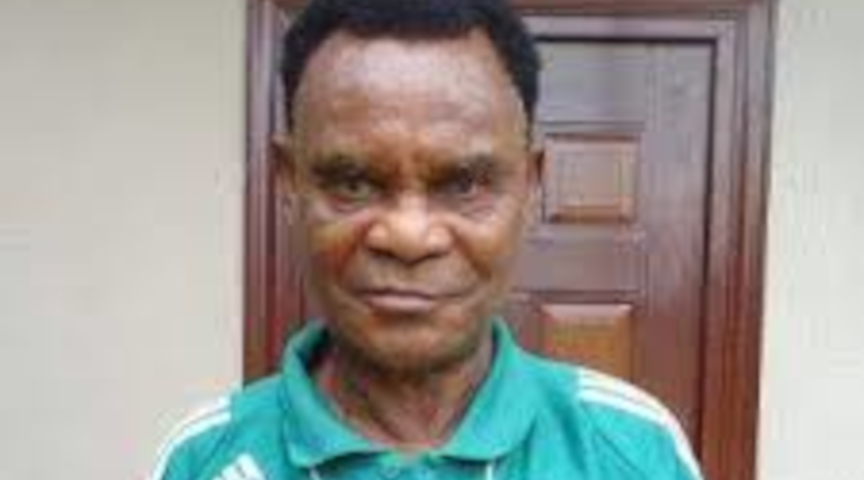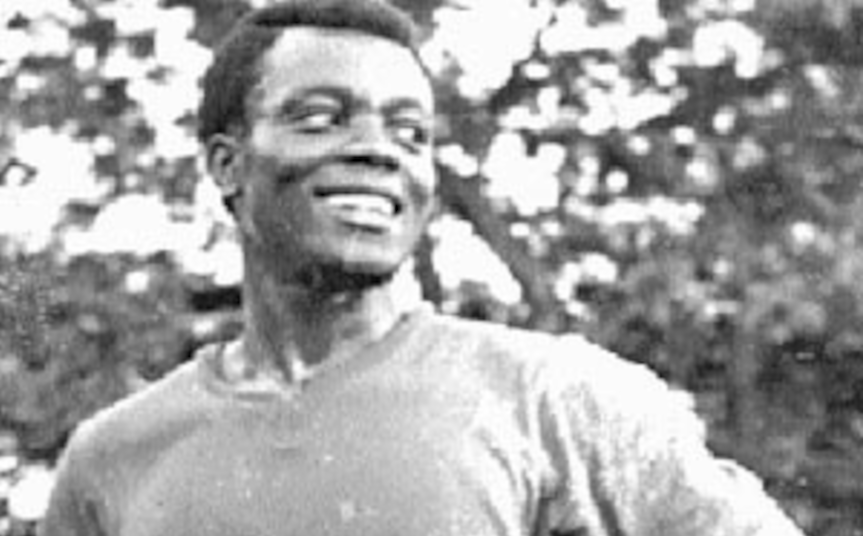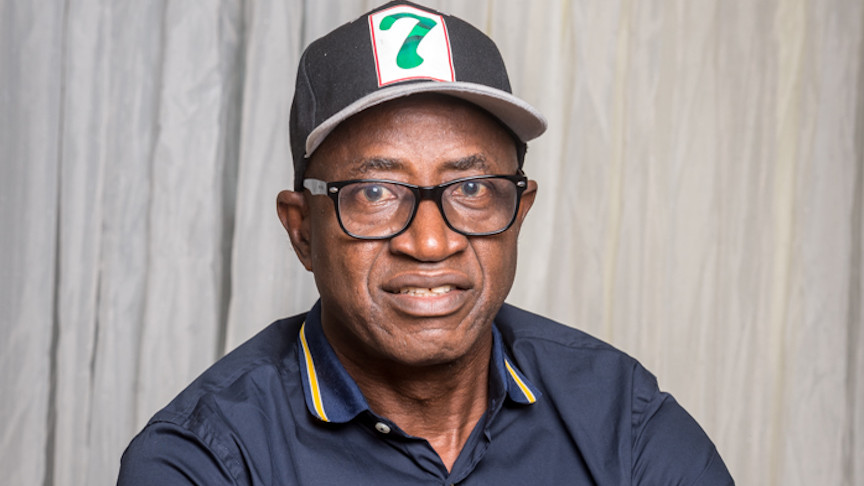Nigeria’s Trailblazers

Strong Foundations
February 25, 2021
The Good, The Bad and the Extremely Ugly
February 25, 2021Nigeria’s Trailblazers

By Satish Sekar © Satish Sekar (May 24th 2020)
The Foundations
In a ‘results’ based industry, the question of what is a result needs to be addressed. Nigeria is undoubtedly a powerhouse of African football, but it wasn’t always that way. Too many Nigerians start their Africa Cup of Nations (AFCON) journey in 1976 or even 1980. For them winning is so much that they don’t know when their AFCON quest began. It wasn’t 1980 or even four years earlier.
While winning is nice – the point for many – Nigeria did not start by winning. Nor did South Africa’s Rainbow Nation for that matter. Both failed to qualify for the AFCON Finals on their first attempt. South Africa tried to qualify for AFCON for the first time in 1994 – Nigeria beat Zambia 2-1 in Tunisia. Nigeria’s first attempt to qualify for AFCON was for the third AFCON in Ethiopia in 1962. That was the first AFCON after Nigeria gained its independence from Britain on October 1st 1960.
After beating Ghana in a qualifier – actually they drew and were separated by the toss of a coin – Nigeria advanced to the final qualification stage against Tunisia. They were well placed to qualify but a controversial goal for Tunisia incensed the Nigerian players. They objected so strongly to the officials awarding a goal to Tunisia that they refused to continue the second leg even though they were winning on aggregate at the time. That leg was awarded to Tunisia 2-0 and that score was enough to give the tie to the North Africans, sending them and not Nigeria to the first AFCON Finals to involve qualifiers.
In their absence, the hosts, Ethiopia, won the 1962 final – the first AFCON that Egypt, also known as the United Arab Republic during a brief union with Syria, failed to win. Both West-African giants, Ghana and Nigeria, qualified for the 1963 AFCON Finals for the first time – Ghana as hosts. This was the start of Nigeria’s AFCON Finals journey.
Respect
You’d be hard pushed to find Nigerian football enthusiasts who have not heard of the late Rashidi Yekini, Finidi George, Sunday Oliseh, Nwankwo Kanu, Victor Ikpeba, Austin (Jay Jay) Okocha, John Mikel Obi , Vincent Enyeama, Peter Rufai and the late Stephen Keshi, among others. The student of Nigerian football will also wax lyrical about the silky skills of Segun Odegbami and the talent of his captain Christian Chukwu – the class of 1978 and 1980 in AFCON terms.
But what about Asuquo Ekpe and Elkanah Onyeali? You’ve heard of them? Well, all serious students of Nigerian football should know who they are and cherish their memory. Their careers were short, especially by modern standards, but their stars shone brightly.

Cometh the Hour
As colonial struggles in Africa were coming to an end in the 1950s, 60s and 70s, football faced new challenges. A recurring theme of unwanted military interventions cursed progress throughout the continent. The colonial and post-colonial experiences of South America in particular provided an indication of what would come – a classic example of history repeating itself as tragedy and farce.
Independence came to Nigeria in 1960. They had kept in shape in a footballing sense by playing against their biggest rivals, but brothers too, Ghana. Nigeria was the larger nation with a greater population to draw on.
But off and on the pitch, Ghana was light years ahead. And it showed as Ghana’s team became the feared Black Stars – the African team of the 1960s. Wilberforce Mfum, Osei (now the Rev.) Kofi, Cecil Jones Attuquayefio, Ibrahim Sunday and many others became African giants while Nigerians lagged behind.
Both Ghana and Nigeria made their AFCON debuts in the same tournament. There’s no doubt that Ghana towered above Nigeria in that decade. Prior to the independence of both west-African giants, they played each other for the Jalco Cup – a tournament that was scrapped soon after independence.
However, if any doubted the spice of this rivalry, they need look no further than the 1958 edition. The officiating so enraged the Ghanaians, captained by the great Charles Kumi Gyamfi, that it took the diplomatic skills of Ghanaian sports Minister, and later one of the great administrators in African history, Dr Ohene Djan, to restore calm.
The Ghanaian players, led by Gyamfi, were incensed by the award of a controversial goal to Nigeria. Others, including Djan’s wife, who had slapped the referee, had stormed the pitch to protest. It took a while for tempers to cool and for the match to resume. Such was the rivalry.
Leading the Way

There is no doubt that Ghana led the way in West African football as African nations began to secure independence both on and off the pitch. Nigerian legend Segun Odegbami is in no doubt why. English football great, Sir Stanley Matthews, played a huge role in developing football in Africa.
Odegbami says his visit to Nigeria was fleeting, but Ghana benefited as Matthews stayed and helped Ghanaian football’s seed to grow. The roots were strong and developed by Matthews’ compatriot, George Ainsley and then by Swede, Andreas Sjöberg. József Ember – the Hungarian, about whom too little is known – also played a part in developing Nigerian football. Ember had contributed to Ghana’s development too.
This was before Gyamfi became the face in the dugout of Osagyefo, Dr Kwame Nkrumah’s vision – Ghana’s Football Revolution.


